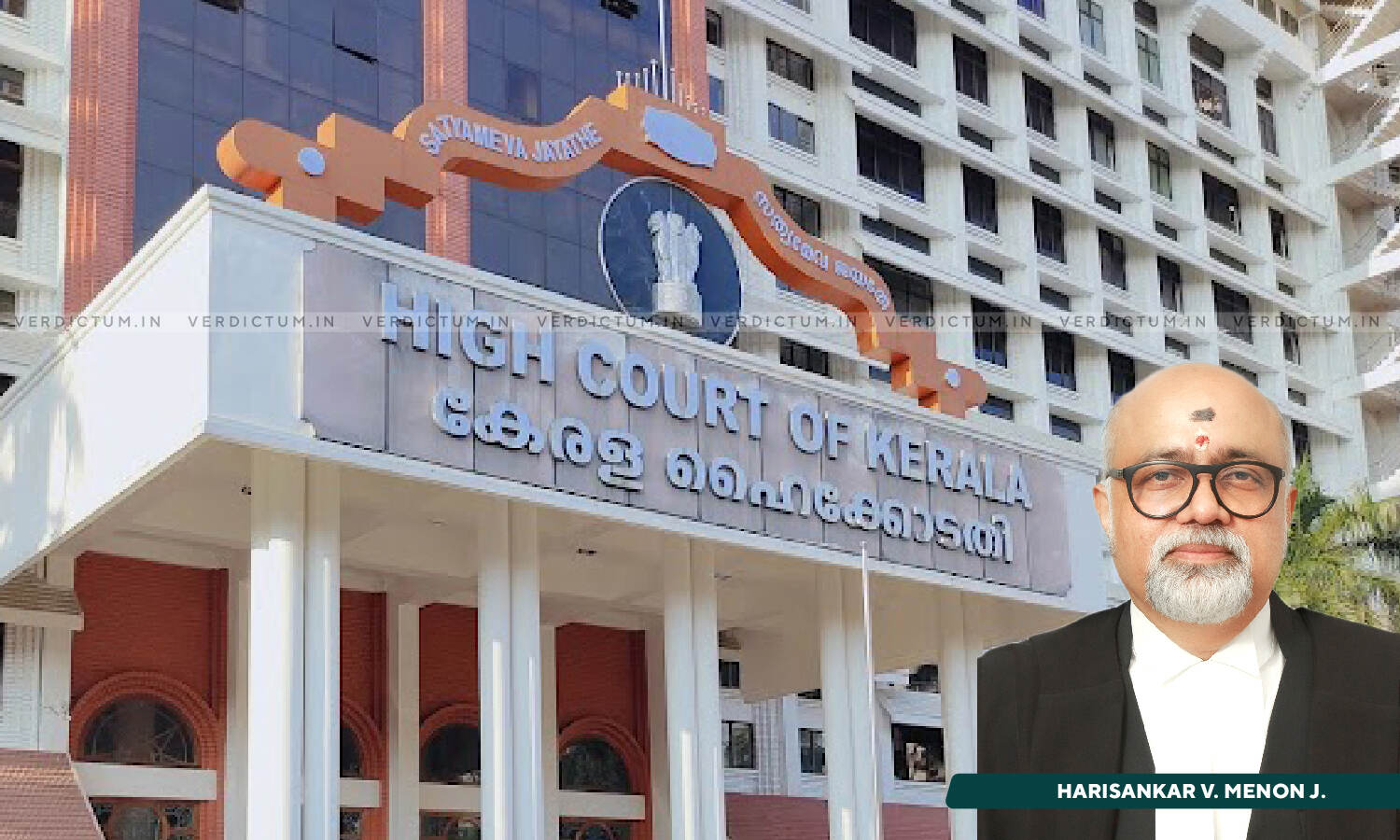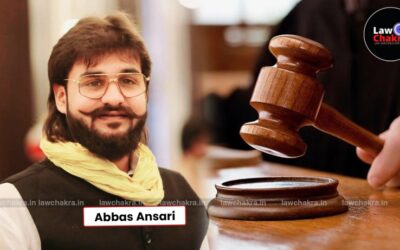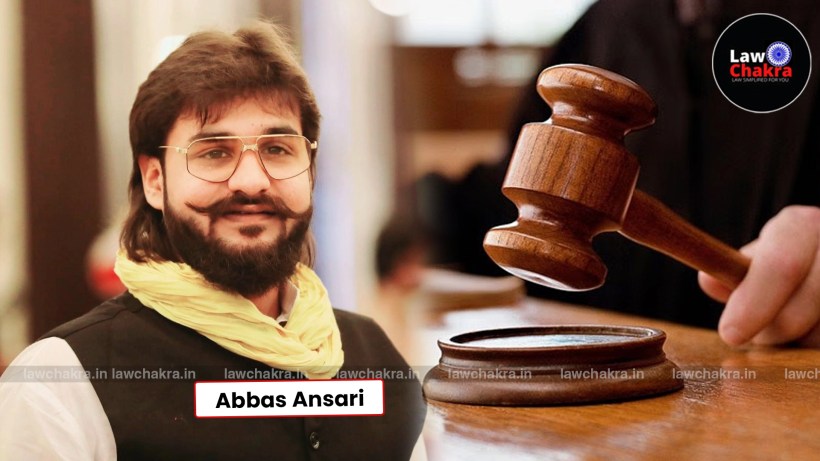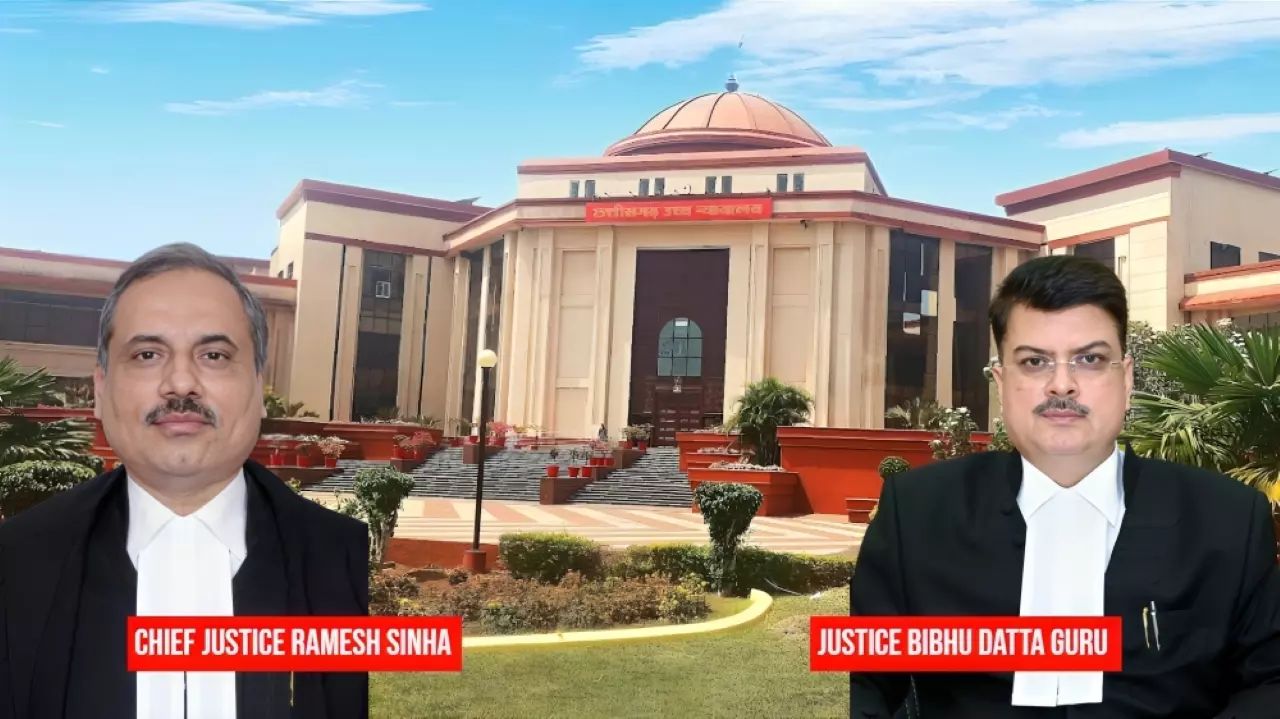Kerala High Court Dismisses Plea Of Private Hospital Associations & IMA Challenging Display Of Fee Or Package Rates By Clinical Establishments

The Kerala High Court has dismissed the Writ Petitions preferred by Private Hospital Associations as well as Indian Medical Association (IMA), which challenged the law mandating display of fee or package rates by the clinical establishments.
The said Petitions were filed against various provisions of the Kerala Clinical Establishments (Registration and Regulation) Act, 2018 and the Rules made thereunder as unconstitutional and arbitrary on various counts.
A Single Bench of Justice Harisankar V. Menon held, “The learned counsel contend that the statute is silent as to what is “fee rate” and “package rate,” and hence the provisions have to be struck down as unenforceable. … However, this Court notices that the Apex Court as well as this Court have already issued appropriate directions to enforce the provisions of the Central Act and the State Act, respectively, as under. … The Apex Court as per order dated 27.02.2024 in Writ Petition (Civil) No.648 of 2020 noticing the submission made from the side of the Union of India that unless there is response from the States, fixation of rates cannot be carried out, directed the Secretary, Department of Health, Union of India to hold a meeting with its counter parts in the State Governments/Union Territories and to come up with a concrete proposal.”
The Bench noted that the Division Bench of the High Court has already directed every private hospital in the State to display rates and fees of the service given to the public as required under Section 39 of the Act read along with Rule 19 of the Rules.
Senior Advocates Kurian George Kannanthanam, George Poonthottam, K.I. Mayankutty Mather, Advocates R. Surendran and K.M. Sathyanatha Menon appeared for the Petitioners while State Attorney N. Manoj Kumar appeared for the Respondents. Advocate Ajit Joy appeared for the Intervenors.
Case Background
The Kerala Clinical Establishments Act was enacted for prescribing standards of facilities in services which may be provided by the clinical establishments for improvement of the “public health”. The Writ Petitions before the High Court were filed seeking to challenge Sections 16(2), 39(2), and (3) of the said Act as arbitrary and violative of Part III of the Constitution. The Petitioners also sought a declaration that they are not liable to furnish the data required under the Act and Rules. The Indian Dental Association (IDA) sought almost similar reliefs. A few dentists also filed Petitions seeking a declaration that the inclusion of “dentistry” under Section 2(j) of the Act is unconstitutional and violative of Article 14 of the Constitution.
Issues for Consideration
The following issues arose before the Court for consideration –
i. Can the State of Kerala enact the legislation in question, on the face of the Central Act, 23 of 2010?
ii. Are the impugned Act and the Rules made thereunder, unconstitutional?
iii. Are the provisions of the Act requiring the display of “fee rate” and “package rate”, without defining the “fee rate” and “package rate”, unenforceable?
iv. Does the provision entitling the suspension/cancellation provide for unbridled powers on the statutory Authority?
v. Is there any arbitrariness with respect to Section 3 of the Act as contended?
vi. Is the inclusion of “dentistry” in the impugned Kerala statute, constitutional?
Court’s Observations
The High Court in view of the first issue, observed, “… it is the choice of the State which has not passed a resolution under Article 252(1) to adopt a legislation made under Article 252(1). The Constitution nowhere provides that in the event of the Parliament legislating on a particular aspect falling under the State List on the basis of resolutions passed by the Legislatures of some of the States, the remaining States are bound to adopt the said legislation or are not empowered to legislate under Article 246 independently. A reading of the Central Act would also make this position clear, where under Section 1(2), the requirement for adoption by the non-sponsoring States have been clearly laid down.”
With respect to the second issue, the Court said that the High Court can strike down an enactment only on the grounds of lack of legislative competence, violation of fundamental rights or any of the constitutional provisions.
“It has been emphatically laid down by the Apex Court that “there is no third ground” for striking down a law enacted by the Legislature. As already found, there is no legislative incompetence – with respect to the provisions of Entry 6 to List II of the Seventh Schedule or the provisions of Article 252. The petitioners have not pointed out any violation of the Constitutional provisions or violation of fundamental rights in support of the above contention”, it added.
The Court further reiterated that an enactment cannot be struck down merely on account of the alleged unreasonableness/arbitrariness.
“I am of the opinion that the challenge against the constitutionality of the Act in question is, therefore, only to be rejected, and I do so”, it held.
In view of the third issue, the Court noted the contention raised by the Petitioners that every clinical establishment is to mandatorily display the “fee rate” and “package rate” with respect to the services provided and the facilities available, including the procedures, and that no clinical establishment is to charge fee/package rates more than what is displayed.
“… the petitioners are not entitled to raise any challenge with reference to Section 39, as noticed above. This is all the more so, since the petitioner in W.P(C)No.1365 of 2019 (Kerala Private Hospitals Association) and the petitioner in W.P(C) No.29353 of 2019 (Indian Medical Association) were the additional 5th and the 9th respondents respectively before the Division Bench of this Court and it is after hearing them also, that the Division Bench issued the directions as above”, it added.
Coming to the fourth issue, the Court was of the opinion that utmost care has been taken while conferring power for the cancellation of registration on the Authority and under Chapter VII, an Appellate Authority under Section 34 and a revision to the High Court under Section 35 have also been provided.
“Therefore, I am of the opinion that there is no uncanalised power bestowed on the Authority with respect to the cancellation of registration. … This Court also notices that it is not the mere ipse dixit, without any supporting reason, that attracts the rigours of Section 25. The provision makes this clear by the usage of the expression “satisfied”. Therefore, “satisfaction” of the Authority is a condition precedent for cancellation under Section 25. It is not as if the Authority can cancel registration at its will”, it further observed.
The Court remarked that unless the cancellation is proved and supported with material facts and figures, the same is subject to judicial review, however, that cannot be a reason to contend that excessive powers are bestowed on the statutory Authority.
In respect of the fifth issue, the Court observed, “… representatives from the side of some of the petitioners, like the Indian Dental Association and the Indian Medical Association, are included in the constitution of the State Council. When the State Council can include representatives from the side of the service providers, like petitioners herein, it goes without saying that service recipients should also be included in the Council/Committee. Therefore, the contention with reference to the constitution of the State Council and the Executive Committee is only to be recorded and rejected.”
Coming to the last issue, the Court said that the State Legislature is competent to enact the statute in question with reference to “recognised system of medicine” by defining the said term.
“recognised system of medicine” is defined to mean “modern medicine” which would also include “dentistry”. … Thus, the art of preventing/curing/ alleviating disease or pain through diagnosis, treatment, operation, etc., amounts to the practice of medicine. Dentistry is only a specialisation in the practice of medicine, like orthopaedics, obstetrics, etc.”, it held.
The Court, therefore, was of the view that dentistry is part of “modern medicine”, and it is made clear through the definition of dentistry under Section 2(j) of the Act.
“Assuming for a moment that dentistry is not covered under the Central Act, nothing prevents the State Legislature from including “dentistry” with reference to the definition of the term “recognised system of medicine” under the State Act. … Therefore, I am of the opinion that the inclusion of “dentistry” under section 2(j) of the impugned Act cannot be found fault with, as one made without legislative competence”, it concluded.
The Court, however, granted liberty to the Petitioners to point out the practical difficulties faced by them before the Government and said that it is for the Government to consider the practical difficulties to be pointed out by the Petitioners and to adopt such remedial measures, which it deems fit, in totality of the interest of clinical establishments as well as the beneficiaries of the statute in question.
Accordingly, the High Court dismissed the Writ Petitions.
Cause Title- Kerala Private Hospitals Association & Anr. v. State of Kerala & Ors. (Neutral Citation: 2025:KER:44533)





